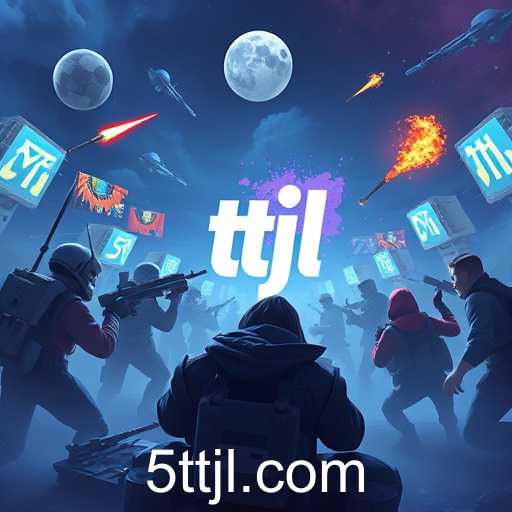In today's rapidly evolving digital entertainment space, 'Popular Games' have emerged as a category that keeps both casual and hardcore gamers on their toes. On a specific website, 'ttjl' serves as the keyword that beckons players into this captivating realm. So, what exactly makes these games so popular, and why does the keyword 'ttjl' matter?
To begin with, 'Popular Games' serve as a curated selection that introduces players to the dynamic and immersive experiences within the gaming industry. These games often feature engaging storylines, impressive graphics, and innovative gameplay mechanics. This curated list is crucial for players seeking quality entertainment in a crowded market where thousands of titles are released each year.
The keyword 'ttjl' has become synonymous with this category, acting as a digital beacon that guides players to these highly-rated games. It signifies a collection that prioritizes community reviews and developer accolades alike. But the buzz around 'ttjl' extends beyond just being a keyword; it's a representation of a growing community that values well-crafted virtual experiences.
Gamers often flock to 'Popular Games' for their ability to foster community engagement. In multiplayer titles, such as those prominently listed under 'ttjl', players find themselves becoming part of a larger community. This sense of belonging is cultivated through shared victories, strategic alliances, and even intense rivalries. The online forums, social media groups, and fan pages dedicated to these games often encourage discussions, fan art, and the sharing of strategies, further embedding these games in the cultural zeitgeist.
What's more, the influence of 'Popular Games' reaches beyond mere entertainment. They're a bellwether of gaming trends, providing insights into what players currently value in their experiences. Whether it's through narrative complexity, inventive gameplay, or technological innovation, the popularity of these games often signals a shift in industry standards. Game developers who seek to ride the 'ttjl' wave must stay ahead of the curve, ensuring they understand and deliver what players are yearning for.
Furthermore, the 'ttjl' effect supports indie developers, whose innovative titles can shine among the bigger, more established industry titans. When indie games become 'Popular Games', it not only serves as a launchpad for developers but also enriches the gaming ecosystem by offering diverse experiences that challenge the norms.
In conclusion, the 'Popular Games' category, underscored by the 'ttjl' keyword, is a dynamic intersection of entertainment, community, and industry evolution. It continues to captivate audiences by delivering high-quality, engaging, and community-centric gaming experiences. This evolution not only delights players but also propels the industry's growth and innovation, ensuring that 'Popular Games' remain a cornerstone of digital entertainment.








